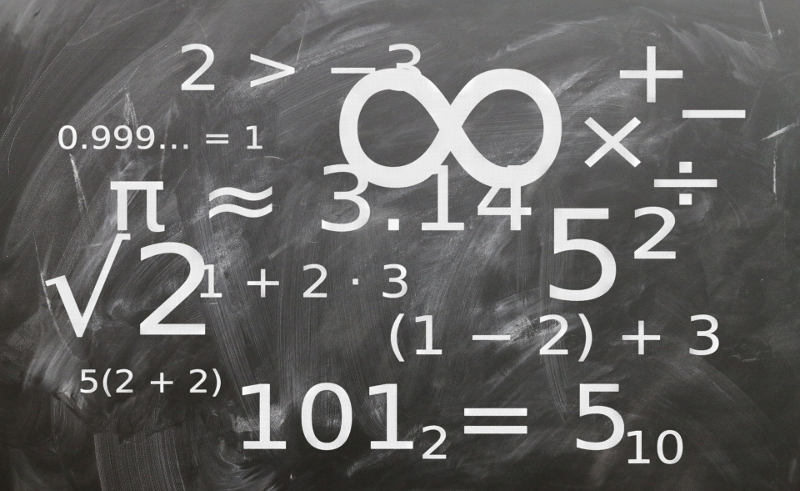DeepMind Introduces AI Models for Tackling Complex Mathematical Challenges

Google DeepMind’s New AI Models for Advanced Mathematical Reasoning
Google DeepMind, the artificial intelligence research branch of Google LLC, recently introduced two innovative AI models designed to tackle complex mathematical challenges that current systems often find difficult. These models are named AlphaProof and AlphaGeometry 2.
The Models Explained
AlphaProof
AlphaProof is a reinforcement-learning model specialized in formal mathematical reasoning. It plays a crucial role in proving mathematical statements using a formal language known as Lean. Built on the foundations of AlphaZero—a model that has successfully learned games like chess, shogi, and Go—AlphaProof can tackle a wide range of mathematical problems through extensive training.
In preparation, DeepMind’s researchers trained AlphaProof by proving and disproving numerous mathematical problems across various topics and difficulty levels. During the training phase, the model self-generated variations of contest problems until it successfully found solutions, demonstrating its adaptability and learning capabilities.
AlphaGeometry 2
AlphaGeometry 2 is an upgraded version of an earlier geometry-solving system. It integrates the capabilities of the Gemini model—Google’s largest language model—and employs a neuro-symbolic approach. This allows AlphaGeometry 2 to work with an increased volume of synthetic data, significantly more than its predecessor.
The improvements in AlphaGeometry 2 also include a more efficient symbolic engine, which is twice as fast as that of the earlier model. Its ability to handle complex geometric problems, such as object movements and the equations related to angles, ratios, or distances, sets it apart from previous iterations. Thanks to these enhancements, AlphaGeometry 2 has successfully solved 83% of all geometry problems from the International Mathematical Olympiad (IMO) that have been posed over the last 25 years.
Testing the Models
To evaluate the effectiveness of AlphaProof and AlphaGeometry 2, the DeepMind team tested them against the challenging problems from the International Mathematical Olympiad, a prestigious competition for young mathematicians established in 1959. This annual event includes six difficult questions divided among algebra, geometry, combinatorics, and number theory.
In this year’s test, both models collectively solved four out of the six problems. AlphaProof was successful in tackling two algebra problems and one number theory problem, while AlphaGeometry 2 solved the geometry problem. However, two combinatorics problems remained unsolved.
The Significance of Advanced Mathematical Reasoning
DeepMind emphasizes that advanced mathematical reasoning is pivotal for pursuing artificial general intelligence (AGI), which represents a significant goal in AI development. AGI aims to create systems that can learn, understand, and apply knowledge similarly to humans. Achieving this involves enhancing AI’s abilities in problem-solving and reasoning, which models like AlphaProof and AlphaGeometry 2 exemplify.
Overcoming Limitations in AI
One of the challenges that DeepMind faced was the inherent limitation of language models using natural language for mathematical operations. These models often “hallucinate,” producing plausible yet incorrect answers. To address this, DeepMind fine-tuned the Gemini model to seamlessly translate natural language problem statements into formal mathematical statements, thus creating a diverse library of problems available for AI learning.
Future Directions
The researchers have also explored natural language reasoning capabilities within the Gemini framework itself. This approach doesn’t require translating problems into formal language, opening new avenues for combining AI systems for enhanced performance in mathematical reasoning.
By pushing the boundaries of what’s possible in mathematical AI, Google DeepMind continues its quest for tools that not only solve problems effectively but also bring us closer to realizing the vision of AGI. The implications of these advancements may significantly influence various fields, from education to technology, where mathematical understanding is crucial.






